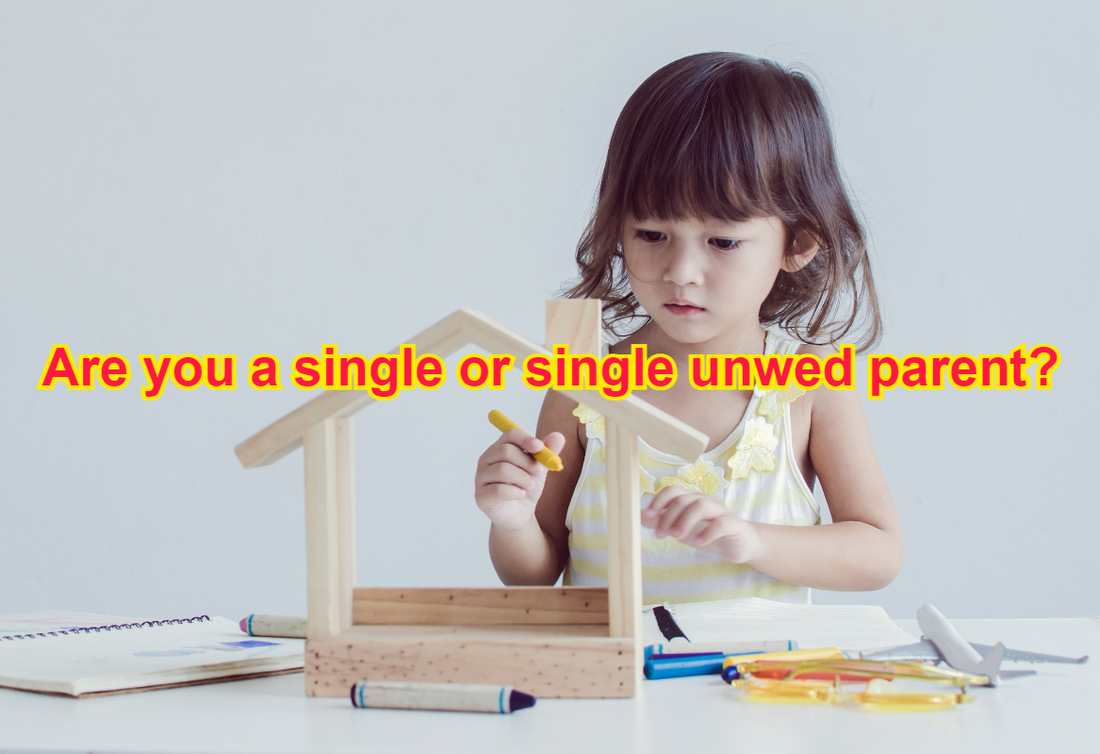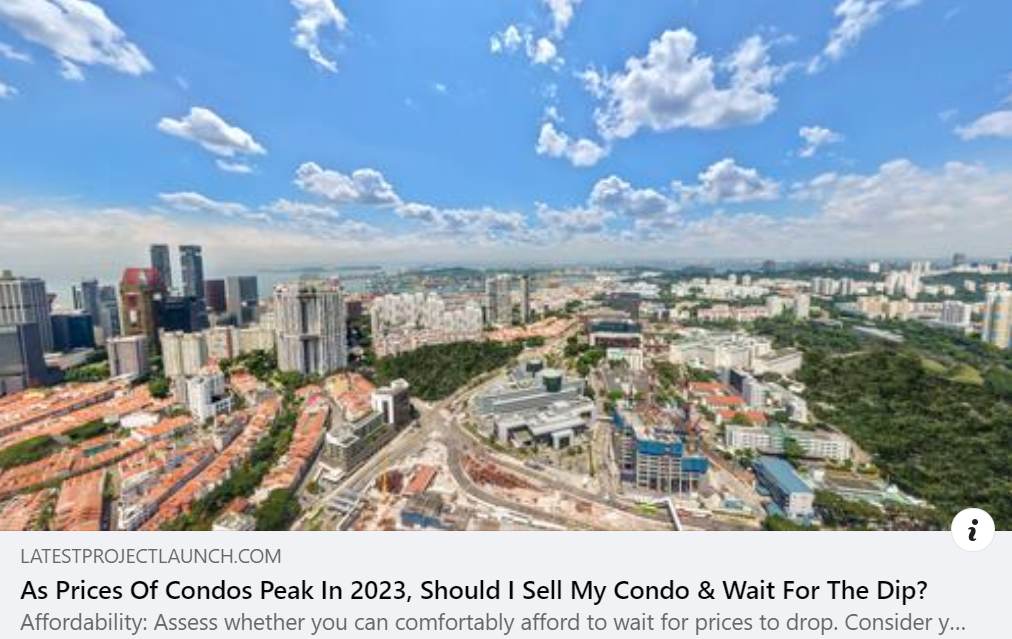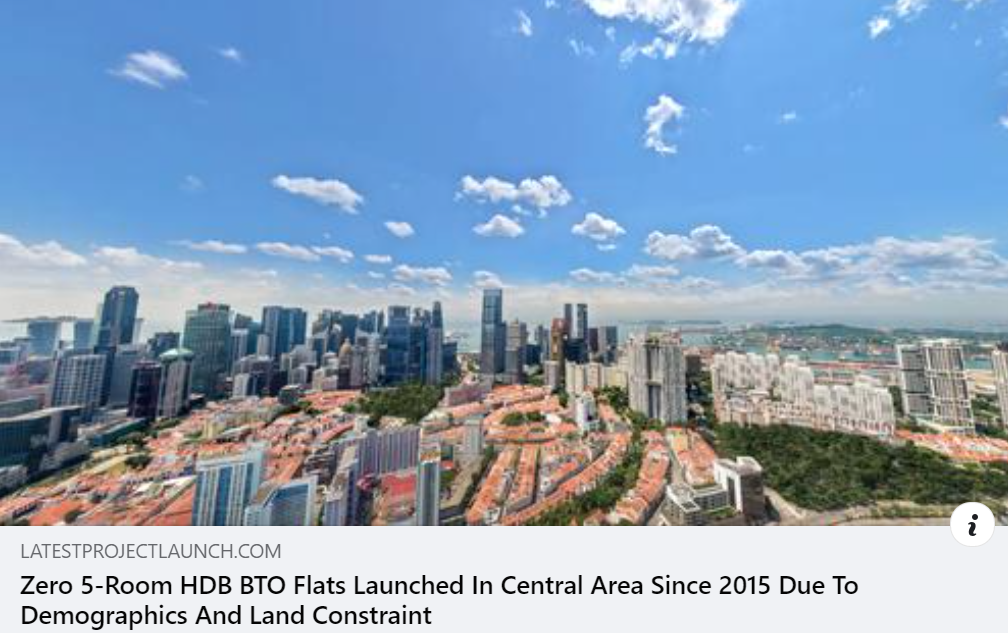The Prime Minister also focused on reaffirming the government’s commitment to Singaporeans towards affordable, accessible public housing, the government is consistently studying and updating Singapore's housing framework to better meet the needs of Singaporeans.
Prime Minister Lee Hsien Loong announced at the National Day Rally (NDR) speech that the government will remove the distinction between mature and non-mature Housing and Development Board (HDB) estates from the 2nd half of 2024 next year, replacing it with a new framework of “Prime”, “Plus” and “Standard” flats allowing for greater differentiation in the pricing and resale conditions depending on flat location and demand, with the threefold aim of maintaining affordability, achieving a good social mix and upholding fairness.
In Singapore, both singles and unwed single parents have housing options provided by the Housing and Development Board (HDB), but there are some differences in eligibility and the specific schemes available to them:
- Singles: Singles who are at least 35 years old can apply for HDB flats under the Single Singapore Citizen Scheme or the Joint Singles Scheme. Under the Single Singapore Citizen Scheme, eligible singles can purchase a new or resale HDB flat. Under the Joint Singles Scheme, two singles who are at least 35 years old and are listed as co-applicants can jointly apply for a new or resale flat.
- Unwed Single Parents: Unwed single parents are also eligible for HDB flats, but they have a separate scheme called the Public Scheme for Singles (with dependents). Under this scheme, unwed single parents with at least one child who are Singapore Citizens can apply for a new or resale HDB flat. Eligible unwed single parents can apply for a 2-room Flexi flat or a 3-room flat.
Over the decades, the rules for singles purchasing HDB flats have changed progressively with the government raising housing grants and increasing access to more flat types for singles. Initially, singles were not allowed to buy public flats when HDB's home ownership scheme was introduced in the 1960s. This has changed over the years where eligible unmarried Singaporeans are able to buy a resale flat under the Single Singapore Citizen Scheme that was introduced in 1991 allowing singles aged 35 and above to buy from a limited pool of smaller flats from the resale market.
At the National Day Rally 2023 on Sunday, Prime Minister Lee Hsien Loong announced changes to housing policies that will allow singles to have more housing choices.
Singles will be able to buy new two-room flats across all three housing types
From 2nd half of next year, eligible singles will be able to apply for a two-room Flexi flat in all locations across “Prime”, “Plus” and “Standard” flats instead of the current restriction which means they can purchase only from non-mature estates.
Singles will also be able to buy resale flats across all three categories, though their choice of prime units will again be restricted to two-room flats. They will also be able to buy a Standard or Plus flat of any size, or buy a two-room Prime flat from the resale market.
Unwed single parents can apply for BTO flats in matured estates
Unwed single parents over the age of 21 who previously can only buy a 3-room BTO flat in non-mature estates can now also expect to apply for BTO flats in matured estates with the abolishment of the classification between mature and non-mature estates.
"I believe this is great news for unwed single parents who desire to apply for 3-room BTO flats in matured estates to live near their parents so that their parents can conveniently visit to help take care of their children" said real estate professional Kiwi Lim
Factors contributing to Singapore's property market
Singapore's property market is always known around the world for its resilience and stability, with the city-state often exhibiting robust performance on a land-scarce island. Kiwi Lim believe several factors contributed to this phenomenon:
- Limited Supply of Land: Singapore's small land area and strict land-use planning policies have limited the availability of new land for development. This scarcity of land inadvertently create a sustained demand for property.
- Strong Economic Fundamentals: Singapore has a strong and diversified economy with a stable political environment attracting both local and foreign investors, as well as high quality expatriates from MNCs, driving demand for residential and commercial properties.
- Government Policies: The Singaporean government has implemented various housing policies to manage and cool down the property market, with more than ten cooling measures already implemented to prevent property bubbles from forming while managing the nation's strong desire of home ownership.
- Foreign Investment: Singapore is an attractive destination for foreign investors due to its status as a global financial hub. Foreign investment in property, especially luxury real estate, has played a role in sustaining the market.
- Rental Market: The rental market in Singapore, driven by expatriate demand often remains strong which appeal to property investors looking for good rental income.
- Infrastructure Development: Ongoing infrastructure projects, such as transportation improvements and urban redevelopment consistently contribute to the overall attractiveness of different regions within Singapore.







 RSS Feed
RSS Feed
